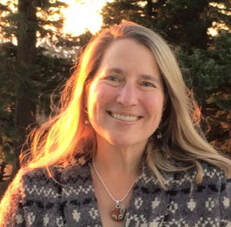
Life-Cycle Celebrant, Home Funeral Guide,
Death Care Educator & Conversation Leader
Whether your loved one dies from COVID-19, or from an unrelated illness, accident, overdose, or suicide – death will look different in the time of pandemic. Ritual and ceremony can help you honor a loved one's death, connect with others to support the dying and their community, and engage meaningfully with the grief of these times - even with the restrictions of physical distancing.
Working from my home, I can partner with you to:
- Design and lead "virtual" funerals and memorials using online connection platforms
- Write meaningful, memorable eulogies and obituaries
- Educate your family on safely caring for your loved one after death at home, including slowing down to mark the moment, body care, and current green burial and cremation options
- Involve your family and community in creating rituals to serve your needs at this time, with or without the support of technology
- Plan rituals of remembrance or memorial ceremonies for a future time
- Officiate small, local in-person services around Portland, Oregon observing physical distancing guidelines (subject to current public health regulations)
Free & Discounted Services
- The Pandemic Care Guide I published on the public information web site Oregon Funeral Resources & Education provides free access to accurate, current public health information along with inspiration for what to do when a funeral isn't possible and extensive resource links
- Free 30-minute phone or online consultation to individuals and families anticipating or affected by death during the time of the pandemic
- Free access to my set of questions to inform a eulogy (can also be used to inspire shared story-telling about a family or community member before or after their death)
- Online webinars and consultation on these topics at no cost to community groups
- 50% reduction in my regular pricing for individuals and families experiencing COVID-19 economic hardship
Qualifications & Experience
- Certified Life-Cycle Celebrant (Celebrant Foundation & Institute) & Home Funeral Guide (Final Passages)
- Co-creator of the public information website Oregon Funeral Resources & Education; founder of the Death Talk Project (est. 2016), PDX Death Café (est. 2013), Death:OK, Let’s Talk About It (2015) & Death Talk Goes to the Movies (2015-2017); facilitator for Oregon Humanities’ Talking About Dying program (2015-2018)
- Certified in Thanatology: Death, Dying & Bereavement by the Association for Death Education & Counseling
- 5+ years of study with Stephen Jenkinson (Orphan Wisdom School); Masters in Applied Behavioral Science
Contact Me
Please use my Contact Form to let me know how I can assist you.
Read more About Me, my celebrancy Services, and my background in death education.


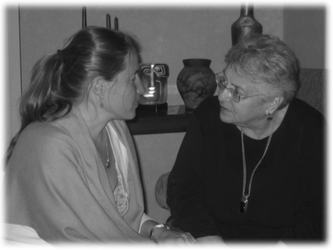
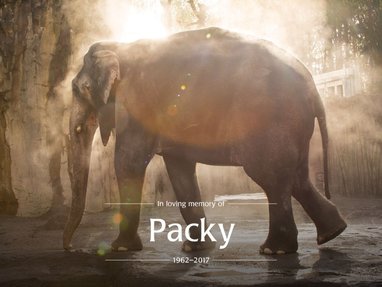
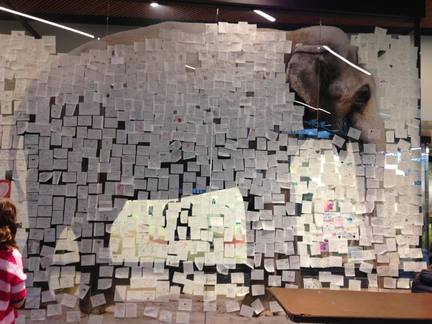
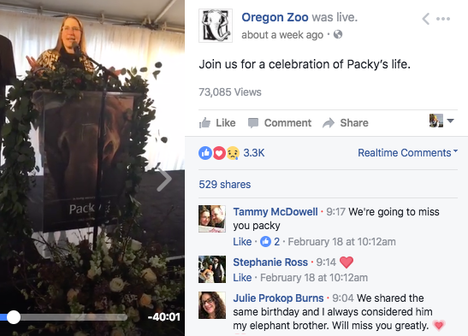
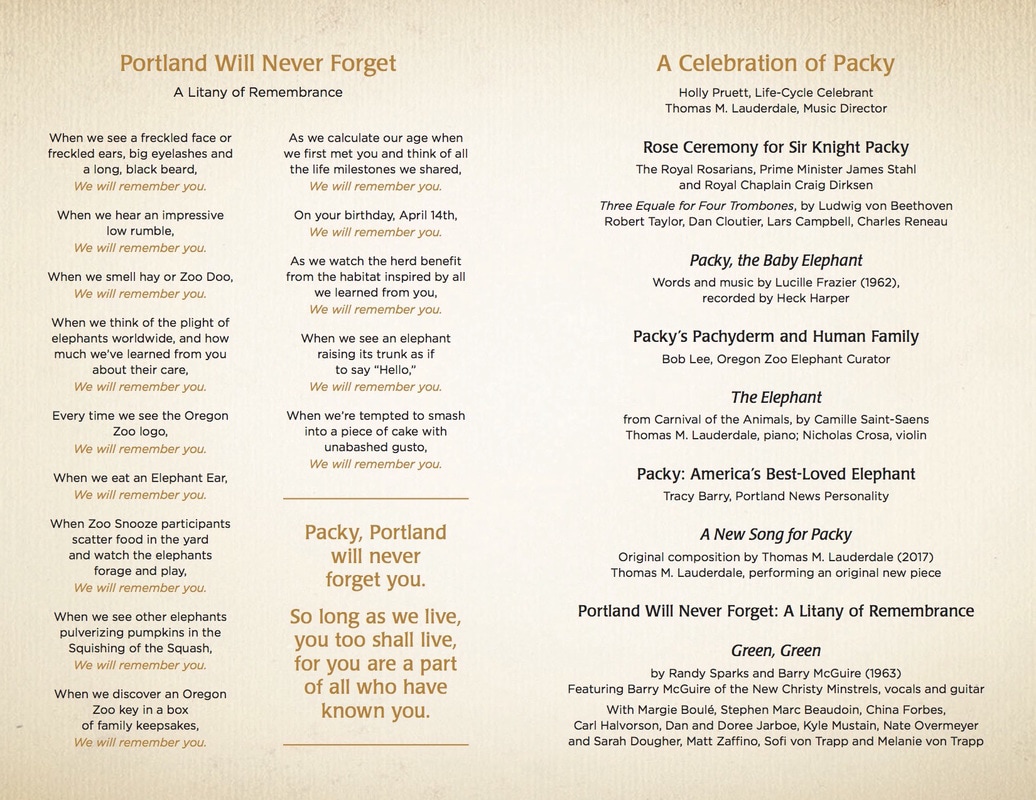

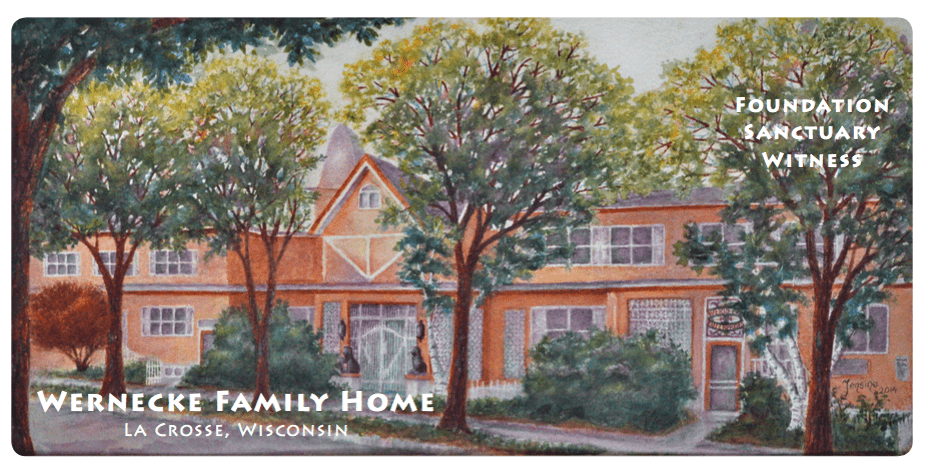
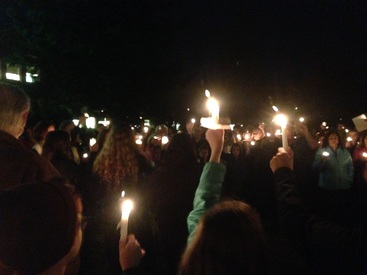
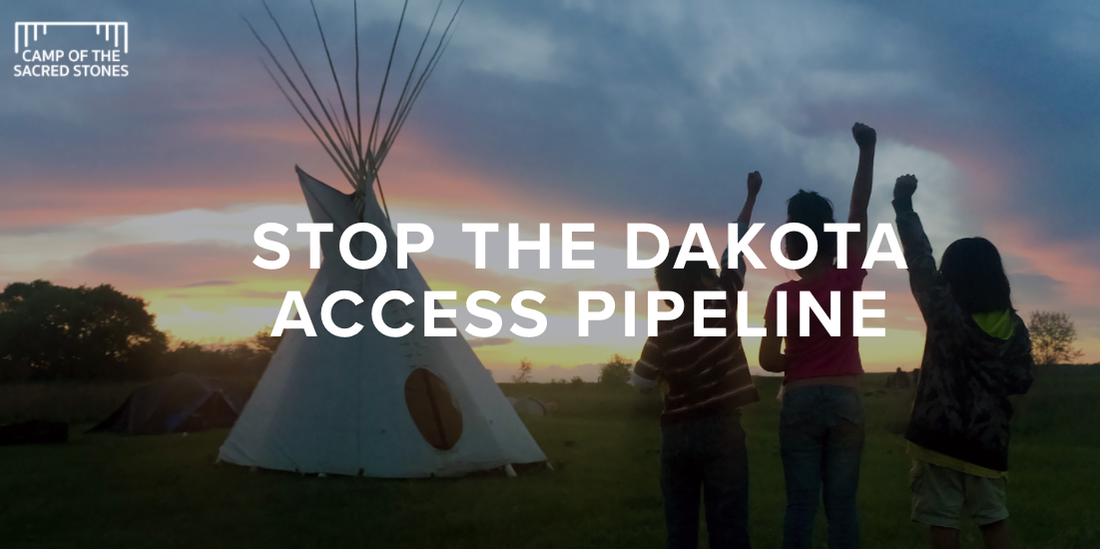
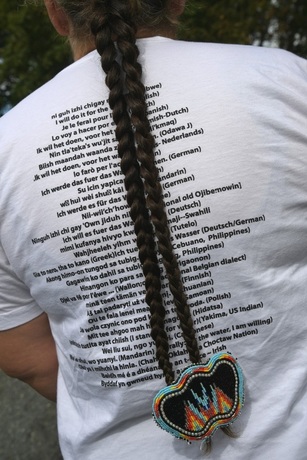
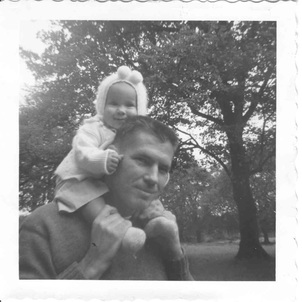
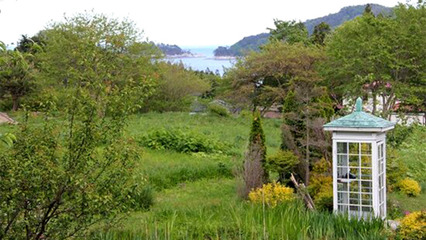
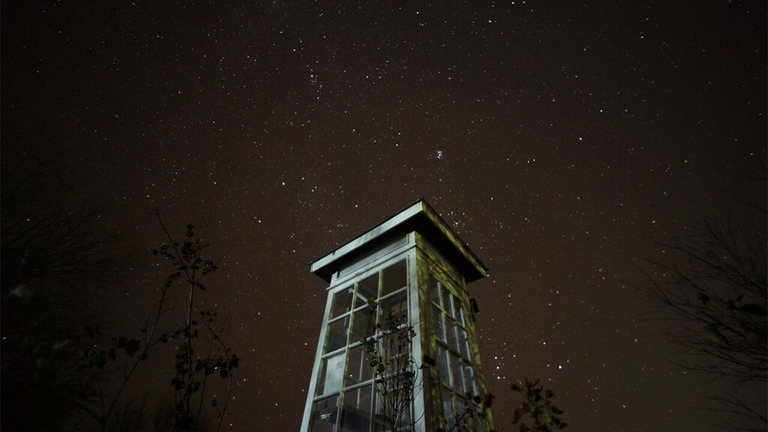
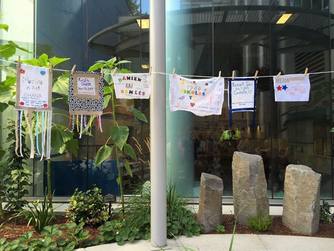
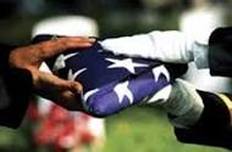
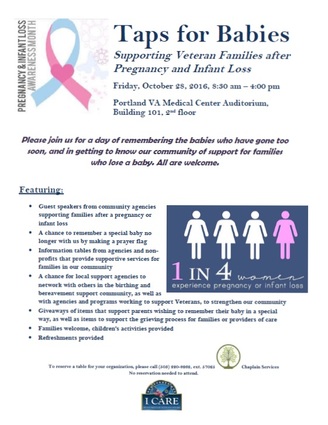
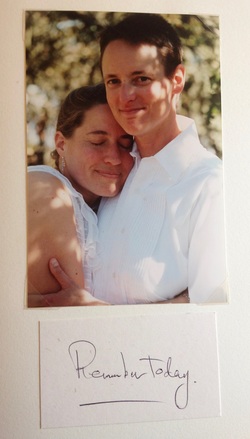
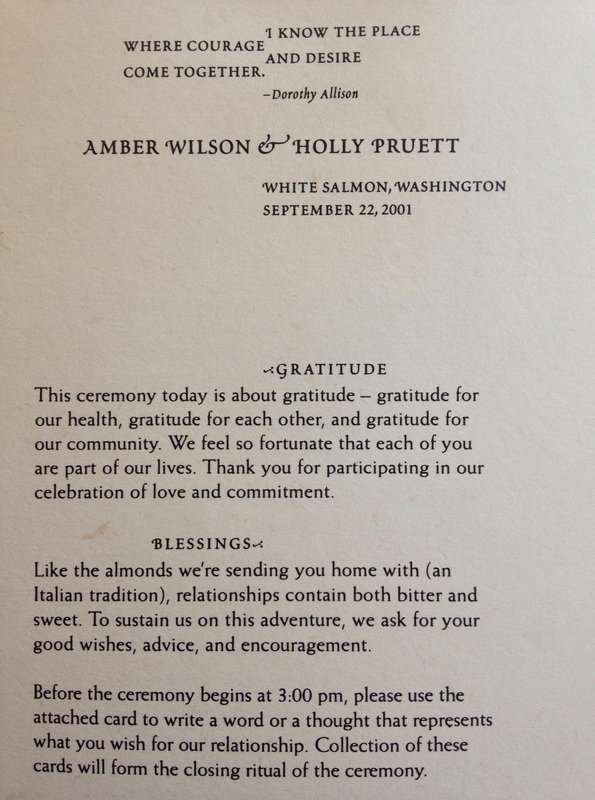
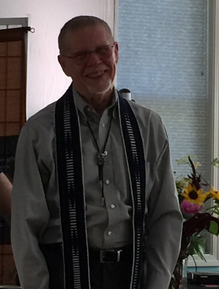
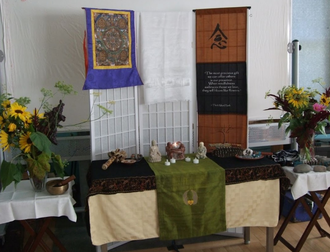
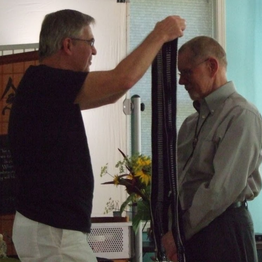
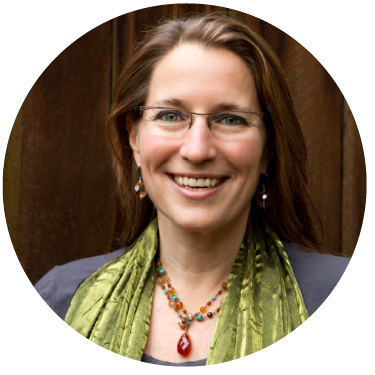
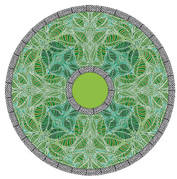
 RSS Feed
RSS Feed